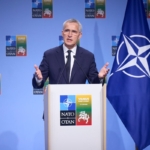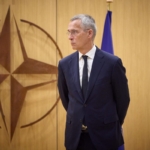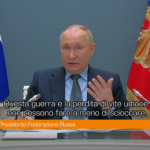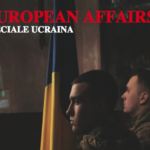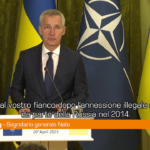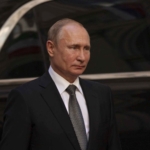Poroshenko has told about real ceasefire on 14th December 2014. Putin try to find new economical partnership with India and China. And Nato has a care about Minsk pact
[subscriptionform]
[level-european-affairs]
“I have positive news. Today is the first 24 hours for seven months … when we have a real ceasefire in Ukraine”, said Poroshenko on 14th December 2014. If this probably means a decrease of nervous tension between Kiev and Mosca, therefore what’s happenened in December alluded other intentions.
After agreement on 30th October between Ukraine, Russia and European Union, Kiev has started to receive gas from 9th December. Instead, on 11st December, Putin, within Crimean leader Aksionov, has a uproared meeting with Prime Minister India Modi. So they agreed to build ten new nuclear reactors. After gas agreement with China, Moscow strategy is respond to economical penalties by Nato and Ue.
Poroshenko’s words and Putin’s behavior mean that Ukrainian crisis is on international battlefield. It’s clear in statement of the NATO-Ukraine Commission, which charges of Moscow of “destabilization of eastern Ukraine in breach of international law, including the provision of tanks, advanced air defence systems and other heavy weapons to the separatists, and military activities, which violate the agreements reached in Minsk in September”.
The release goes on reminding the most important points of Minsk agreement: “To withdraw its forces and military equipment from Ukrainian territory and along the Ukrainian border; to provide for effective international monitoring of the border and restore Ukrainian sovereignty over its side of the border; to allow for a political and a diplomatic solution to be negotiated, which respects Ukraine’s sovereignty, territorial integrity, and internationally recognized borders”. In closing, Secretary General Of Nato Stoltenberg has disclosed Trust Funds and projects on command, control, communications and computers, logistics and standardization, cyber defence, military career transition, and medical rehabilitation.
Whereas, by the Russian point of view, the Nato assistance looks like a new offensive against Moscow, as told by Chief Foreign Commision of Russian parliament Morozov: “Nato has had only one strategy throughout 2014: a forceful political crash into East. To increase anxiety, Nato makes annoying releases against Russia”.
Giacomo Pratali
[/level-european-affairs]

